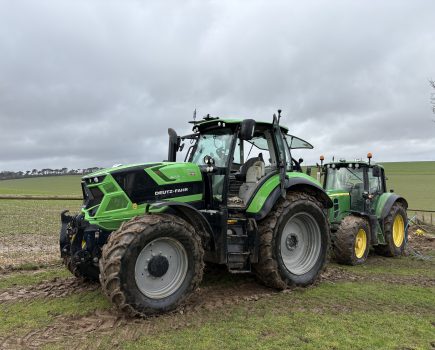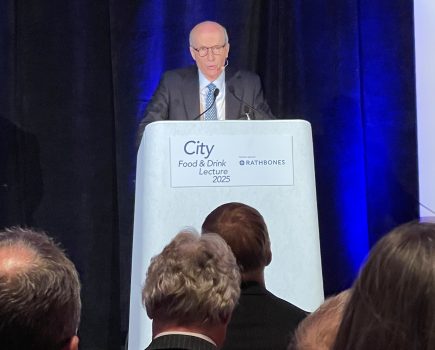Invited to talk to a group of farmers last month, I delivered a prediction of how I expect farm policy in England to develop post-Brexit. I said that I foresaw food import tariffs being gradually lowered as the Government in Westminster, now free of the EU, reverted to a traditional cheap-food, free-trade policy.
It seems I might not be the only arable farmer worried about my financial future, even with grain prices quite high at the moment. Even before I got up to speak a land agent at the meeting had told me that the rental market for grade three arable land in Kent was showing signs of unravelling. Indeed, he forecast that rents on short-term arable farm business tenancies (FBTs) might soon settle back to £50 per acre on the poorer soils.
Gloomy as I am, even I was a little shaken by that news. But he was quite adamant that, even with feed wheat prices currently at £250 per tonne, profits on poor arable land are currently under intense pressure due to inflation in input prices, and that very low rental bids were coming in for some farms.
He and I agreed that an important reason why rents might have to fall heavily on grade three arable land was the erosion of Basic Payments. Cuts really start to bite this year and, even after Sustainable Farming Incentive (SFI) payments were improved slightly after a DEFRA review last month, they do not look like they will do much to replace the loss of the BPS.
Without the BPS, the only meaningful source of income from arable land will be the value of crops produced. On poorer land where costs are generally higher and yields lower, the economic implications are clear.
But I was not speaking to a group of farmers entirely made up of arable farmers on poor quality land. Indeed, it soon became apparent that at least one member of my audience farmed very good quality land indeed.
No sooner had I sat down after delivering my gloomy analysis than he robustly pointed out that I was talking ‘tosh’. Of course, he said, there were always ‘risks’ with everything, but farming was doing just fine and I should acknowledge it.
We soon settled our differences on the basis that while arable farmers like him were always likely to earn a good living (provided their rent or bank borrowings were not too high) farmers like me, on marginal land, might struggle to make ends meet.
I’m not sure my speech was particularly enlightening for my audience, but I came away from the meeting greatly educated. A very considerable divergence in arable farm rents between the best and worst land is already underway.







